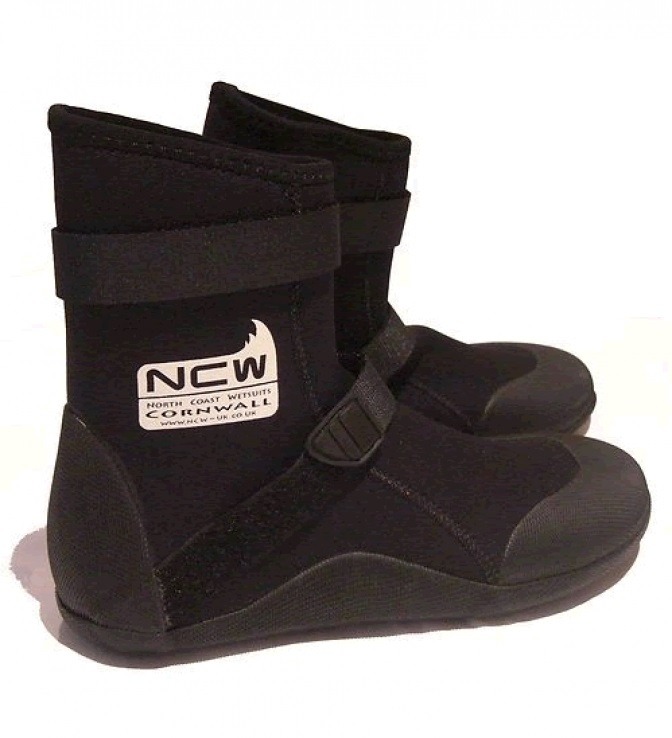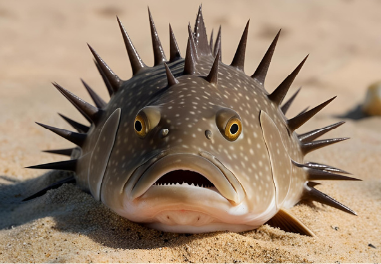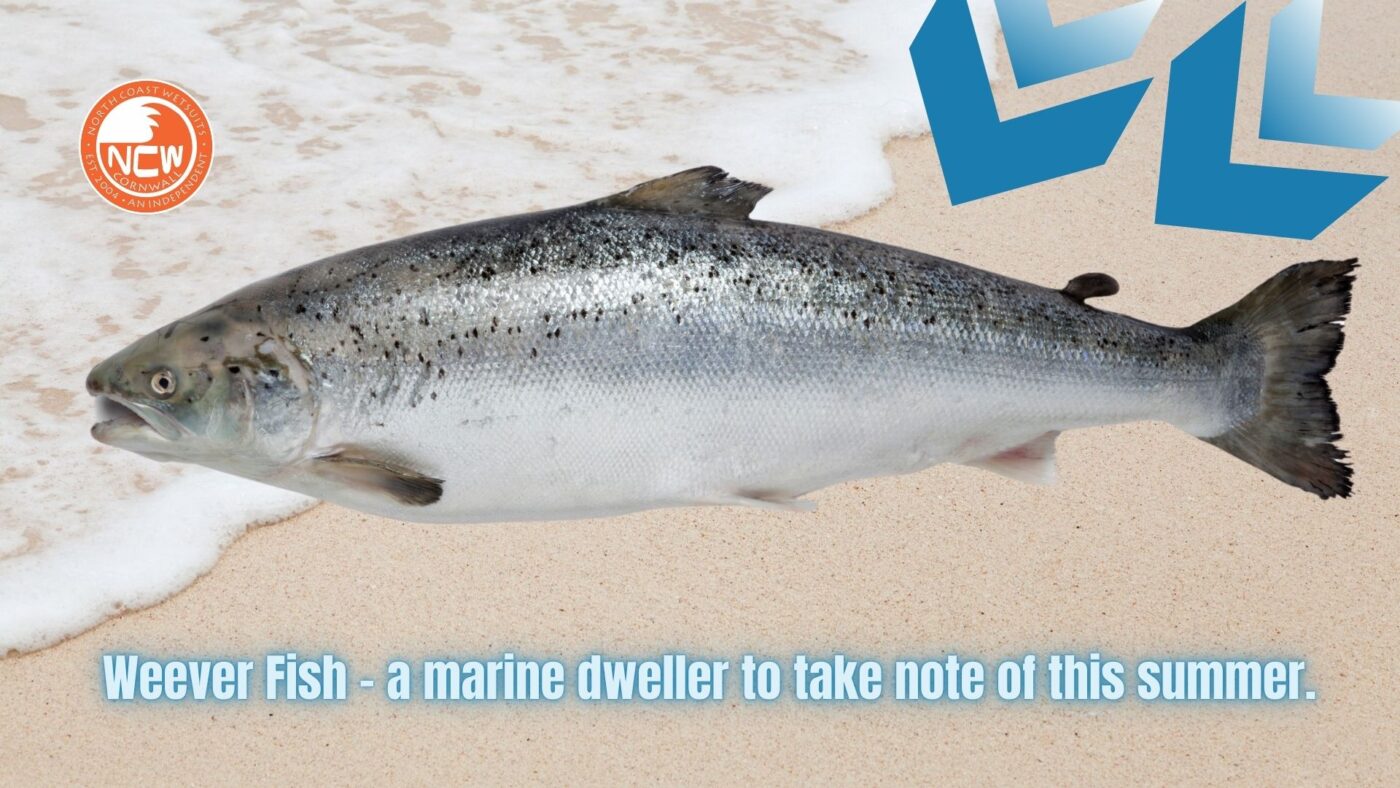Weever Fish – as with jellyfish – aren’t things to fear when visiting the beach this summer. With common sense and a little knowledge, it’s plenty easy to keep safe at the coast, next to the sea, and in it.
Click on the paragraph link below to jump to that section –
Weever Fish – keep your eyes peeled.
Whether you’re surfing, stand up paddle boarding, swimming or other chances are you’ll be looking for fun rather than overly extreme challenges. I mean, don’t get us wrong, some of you possibly will want to do battle with Neptune. But for most, it’s more about fun and enjoying the natural, outdoor surroundings of being at the coast.

3mm neoprene easy fit wetsuit ankle boots / reef shoe

NCW 5mm Lined Warm Wetsuit Boots
One thing, or rather one small animal, to be aware of this summer is the Weaver Fish (or Weever to give its proper name). For such a small marine dweller they don’t half cause issue if you come into negative contact with one. And by negative contact, we mean stepping on its spines and getting stung.#
They love the sun!
Weever Fish become rather prevalent at beaches during summer in the UK. They love basking in the sun’s rays, lounging in shallow tide pools are chilling in less deep water where the sand meets the brine.
And it’s for this reason they’re worth keeping an eye out for – although they’re hard to spot.
When you least expect.
Splashing about barefoot in the brine, not going too deep, or messing about in seawater pools on the beach those pesky Weaver Fish can be waiting just below the surface ready to pounce. They can be aggressive little blighters although to be honest, it’s not their fault. We’re the ones busting into their domain after all.
They’re just minding their own business when some heavy-footed clump comes stomping their way. What would you do? With poisonous spines the only means of letting you know it’s there those spikey bits are going to end up sticking in your flesh. And it bleddy ‘urts like!
What to do if you get stung by a Weever Fish.
So what if you do get had by a spiney Weaver Fish? Ideally, you want to get somewhere with hot water quick smart – as hot as you can stand. Near to boiling if possible. Immersing the infected area between 30-90 minutes is best practice.
If there are spines left embedded you’ll need to remove them with tweezers. Then scrub the wound with soap and rinse with fresh water. If any wounds are open they’ll need to be left like this to heal.

Ask for help from lifeguards if on duty.
Obviously, the above’s all well and good but you’re unlikely to have a kettle at the beach. You should therefore make it known to lifeguards (as long as the beach is patrolled) that you’ve been stung by a Weever. Forget the old wive’s tale of urinating on it!
The casualty may experience the following –
- Severe pain
- Itching
- Swelling
- Heat
- Redness
- Numbness
- Tingling
- Nausea
- Vomiting
- Joint aches
- Headaches
- Abdominal cramps
- Lightheadedness
In severe cases, the following symptoms may present –
- Abnormal heart rhythms
- Weakness
- Paralysis
- Shortness of breath
- Seizures
- Decreased blood pressure
- Episodes of passing out
For anyone with serious Weever Fish sting symptoms go to the hospital!
If anyone stung starts showing signs of the latter they need to be taken to hospital immediately. Sometimes medication may be needed following a Weever sting.
It’s possible with any sting to suffer anaphylaxis whereby the patient has an allergic reaction to the venom. You can find out more about anaphylactic shock here –
https://www.healthline.com/health/anaphylactic-shock
Call 999 if things worsen.
The main rule of thumb if this happens is to call 999 immediately. CPR may be required in the interim.
This article isn’t meant to alarm unnecessarily. As we said at the start knowledge is power and knowing about Weever Fish will help you potentially avoid being stung this summer. Wearing booties or neoprene reef shoes will protect against Weever stings.
And NCW has just the gear, for both adults and kids, to help prevent this kind of thing. See product links below but do get in touch with any questions.

